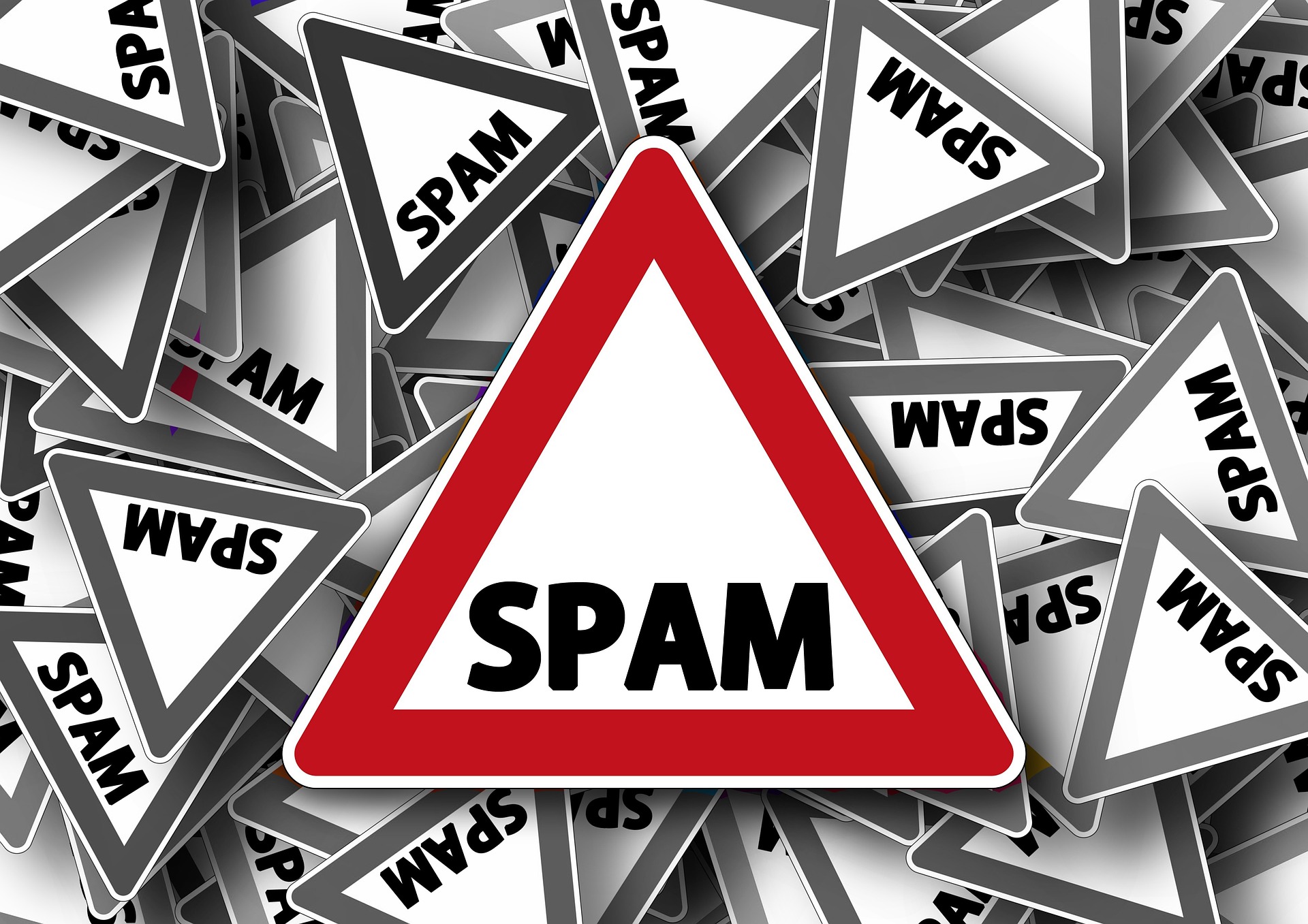
Google Finishes Rollout of October 2023 Spam Update
Google, the world’s leading search engine, has recently concluded the rollout of its October 2023 Spam Update.
This update, which specifically targeted thin and misleading content, is a testament to Google’s ongoing commitment to providing users with high-quality search results.
In this article, we will delve into the details of this update and explore how Google fights against spam to maintain the integrity of its search results.
The October 2023 Spam Update: A Timely Rollout
Google officially completed the rollout of the October 2023 Spam Update on October 20, following its announcement earlier in the month on October 4. This update was a response to user feedback, with many individuals reporting increased encounters with spam when searching in their native languages.
With the implementation of this update, Google aims to enhance the search experience for users across the globe, reflecting its unwavering dedication to delivering the most relevant and reliable results.
Google’s Arsenal Against Spam
Google employs a multi-faceted approach to combat spam, combining advanced automated systems and human reviewers. One of these systems, known as SpamBrain, is a remarkable example of the fusion of artificial intelligence and machine learning in the fight against spam. This technology allows Google to stay ahead of emerging spam tactics by constantly adapting to new threats.
Additionally, Google frequently releases updates like the October 2023 Spam Update to stay in lockstep with the ever-evolving landscape of spam techniques. This dedication to staying ahead of spammers ensures that Google’s search results remain reliable for users.
Identifying Spam: Google’s Criteria

To maintain the quality of its search results, Google has outlined specific practices it deems spammy or misleading. These prohibited practices include:
- Hidden text or links: Content that is invisible to users but visible to search engines. Such text is used to manipulate keyword density and search engine rankings for particular keyword phrases.
- Automatically generated content: Pages with little value and generated by artificial intelligence tools.
- Plagiarism. Unauthorized copying of content from other sources.
- Excessive ads: Pages with a lot of distracting and intrusive advertisements that come between users and the content they seek.
- Thin affiliate content: Pages focused first on monetization rather than helpful content and offering value to visitors.
- “Doorway” pages and other attempts to trick search engines: Deceptive tactics to manipulate rankings.
- Aggressive or misleading commercial tricks: Including false claims and misleading and obtrusive advertisement practices.
Google strongly advises website owners to prioritize transparency and provide a user-friendly experience. Sites that adhere to these principles are more likely to remain unaffected by spam updates.
How to Avoid Penalties by Google Spam Updates
Here are a few tips to avoid potential penalties by Google spam updates.
- Create high-quality, relevant content that is valuable to users. This is the most important factor in avoiding Google spam updates. If your content is informative, engaging, and meets the needs of your audience, it is less likely to be flagged as spam.
- Follow Google’s Webmaster Guidelines. These guidelines provide clear guidance on what Google considers to be spammy behavior. By following these guidelines, you can help to ensure that your website is not penalized by Google’s spam filters.
- Be careful about the links you build to your website. Google takes link spam very seriously, and it can be a major reason for a website being penalized. Only build links from high-quality, relevant websites.
- Avoid using keyword stuffing and other black hat SEO techniques. These techniques may help you to rank higher in the short term, but they are likely to backfire in the long term. Google is constantly working to improve its ability to detect these techniques, and websites that use them are likely to be penalized.
- Monitor your website for spam. If you see any spammy content on your website, remove it immediately. This will help to prevent Google from penalizing your website for spam.
- Be patient. Google’s spam filters are constantly evolving, and it can take some time for your website to recover from a penalty. If you have been penalized, continue to create high-quality content and follow Google’s Webmaster Guidelines. Over time, your website should start to rank higher again.
By following these tips, you can help avoid Google spam updates and keep your website ranking well in search results.
The Takeaways
Website owners and SEO professionals should take Google’s latest spam update as a reminder to remain updated on best practices. If your site has been negatively impacted, it’s crucial to conduct a thorough review of your content and SEO strategies.
Check for elements such as thin affiliate pages, hidden text, scraped content, and an excess of advertisements. Any tactics that are deemed overly promotional or misleading should be rectified promptly.
Additionally, staying current with Google’s guidelines and regularly conducting website audits are essential steps to safeguard your online presence.
As always, the best approach to avoid falling victim to Google’s spam updates is to focus on publishing high-quality content. Original and helpful content is less likely to be affected by Google’s core algorithmic updates, especially when compared to thin or duplicated content that is similar to spam.
Conclusion
In conclusion, Google’s October 2023 Spam Update serves as a vital reminder that the battle against spam is ongoing. Website owners and publishers should prioritize user experience, transparency, and the delivery of valuable content to remain in Google’s good graces.
By following these principles and staying informed about Google’s guidelines, you can ensure your online presence remains resilient to the ever-evolving landscape of spam.








